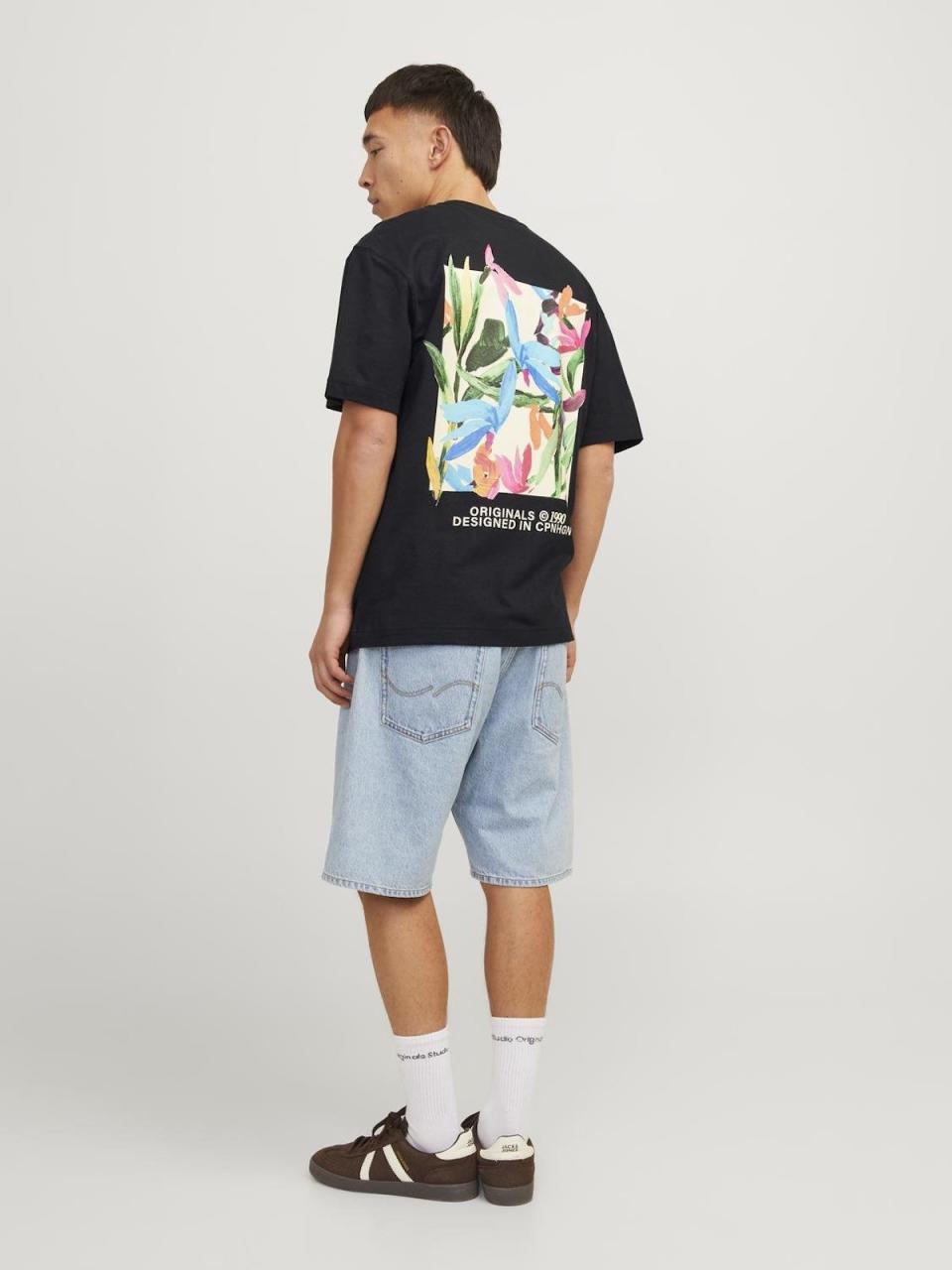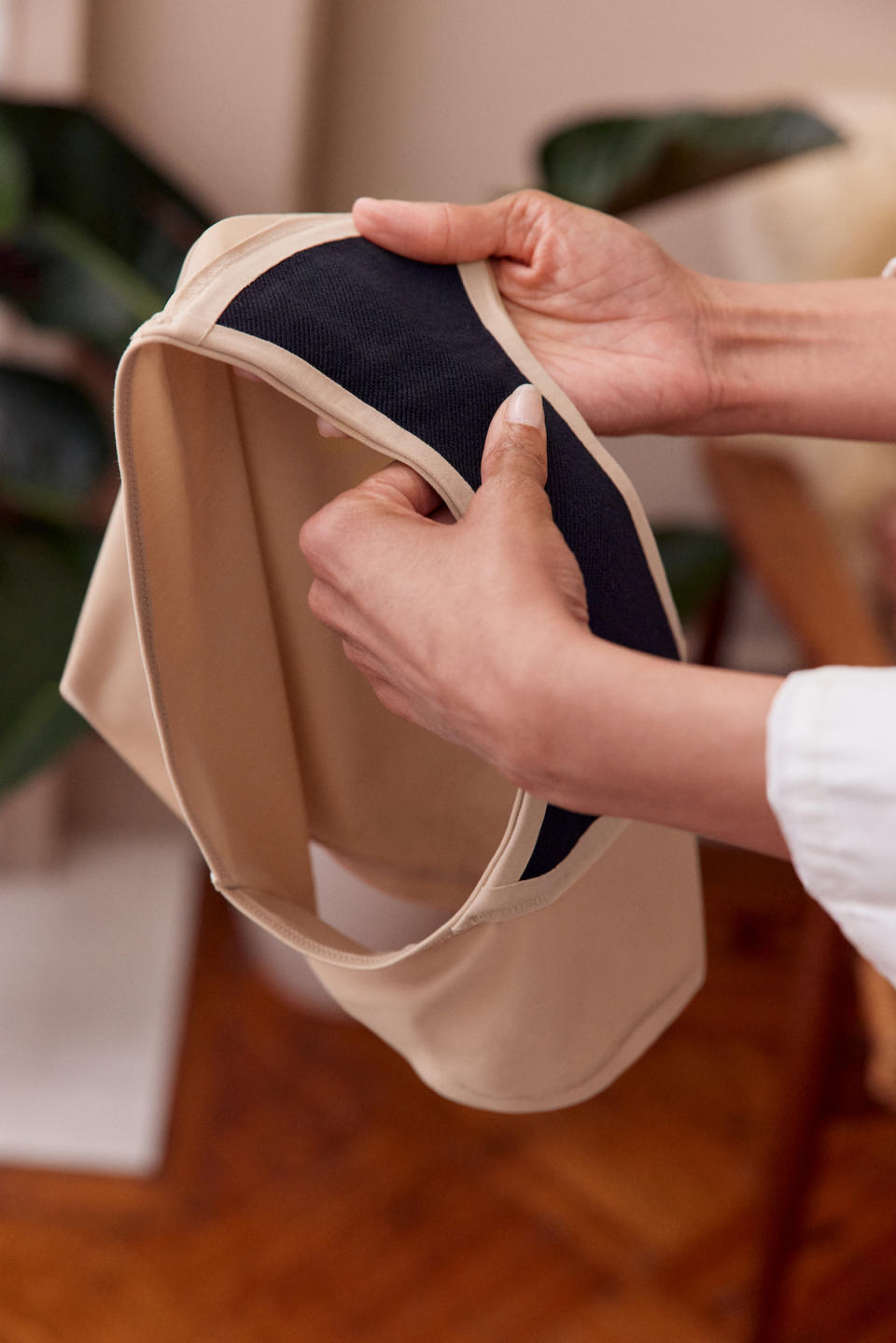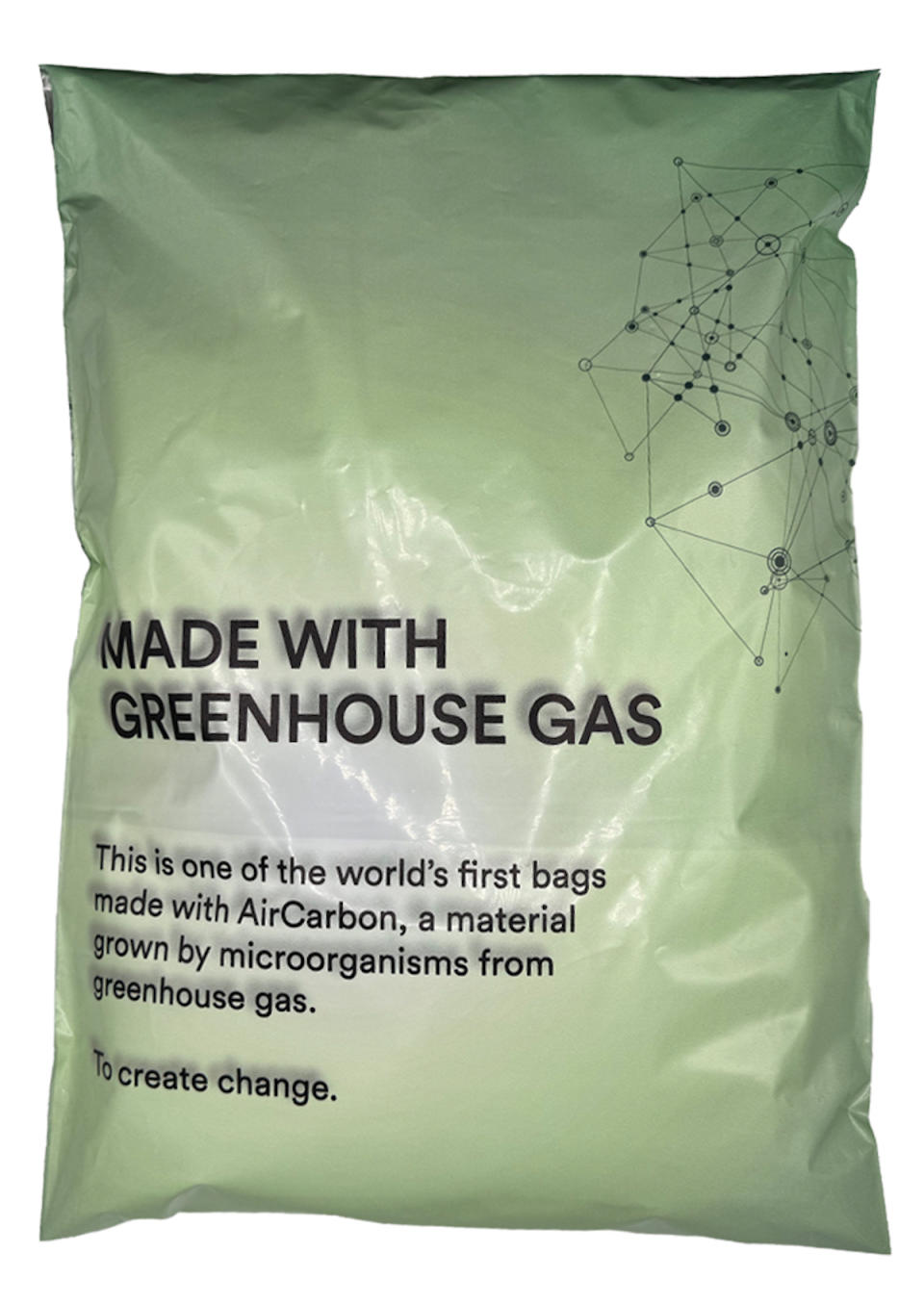Material World: Thinx Provides 12-Hour Protection, Jack & Jones Take Next Step with Spinnova

Material World is a weekly roundup of innovations and ideas within the materials sector, covering news from emerging biomaterials and alternative leathers to sustainable substitutes and future-proof fibers.
Jack & Jones

Bestseller Group’s Jack & Jones brand and fiber firm Spinnova have taken the next step in their joint development collaboration and released the second product made with the Adidas collaborator’s fiber.
More from Sourcing Journal
Texworld NYC and LA to Spotlight Material Innovation and Sustainable Solutions
Is Mycelium All Hype, No Hope? Experts Weigh In During Earth Day Panel
Supplier Perspective Will Prove Crucial for Scaling Sustainable Innovations
“We’re delighted to continue our close collaboration with Bestseller and do our part to help them bring to life their strong sustainability strategy,” said Spinnova’s CEO, Tuomas Oijala. “We couldn’t be more excited to see them launch a new product made from Spinnova—let alone one that has an accessible price point and availability.”
The Jack & Jones T-shirt is the first commercially available product made with fiber from Spinnova and Suzano’s joint venture’s Woodspin facility, which opened last year. The shirt is made from 45 percent cotton, 30 percent wood-based Spinnova fiber, 20 percent organic cotton and 5 percent elastane. That wood-based fiber is made from certified wood pulp from Scandinavia using Spinnova’s proprietary technology.
This T-shirt has the largest production volume of a commercially available product using the Danish company’s product to date. The menswear brand previously launched a pair of trousers made with Spinnova fiber in October 2022.
“At Jack & Jones, we strive for a better way of making clothes. We push ourselves to innovate and explore processes and materials with a lower impact on the environment,” said Allan Jung Thorbøll, international buying manager for Jack & Jones. “In Spinnova, we’ve found a strong partner to take part in that journey. We are very excited to now launch the second Jack & Jones product made with Spinnova fiber.”
Thinx

Reusable period underwear brand Thinx has released new styles featuring its LeakSafe Barrier technology. The innovation offers all-day absorbency, designed to prevent leaks for up to 12 hours thanks to its patent-pending four-layer gusset, odor technology and breathable body fabrics.
“Testing found that our new LeakSafe Barrier technology can stand up to heavy flows and is absorbent enough for the majority of users,” said Courtney Newman, senior director of product design at Thinx. “By blending aesthetics with function, we were able to maximize the gusset’s surface area while creating a secure barrier that controls the movement of fluid, resulting in an exceptional product that allows customers to get it all—comfort, style and protection.”
Product testing of the new styles found that the LeakSafe Barrier undies can absorb up to 12 regular tampons or three menstrual cups worth of flow. The “biggest change,” Newman said, is the design itself.
“By exploring novel textile applications and experimenting with different design techniques, our new all-day absorbency can hold more menses than several competitors,” she continued. “During the development process, we challenged ourselves to explore various materials, designs, and manufacturing techniques to create the best experience for customers and to give them protection that helps them feel confident throughout their entire day.”
The latest technology and design from Thinx will be available across the brand’s range of period products.
BASF

German chemical giant BASF’s sustainable polyamide PA6 and PA6.6 Ultramid Ccyled recycled synthetic textile is now certified as Recycled Claim Standard (RCS). This labeling now enables manufacturers to market certified textiles produced using recycled raw materials.
The production of Ultramid Ccyled is based on the chemical recycling of plastic waste that’s traditionally difficult to recycle, like used tires. With ChemCycling—BASF’s project using waste plastic as the feedstock for a recycling process that focuses on plastic waste that can’t be mechanically recycled—the raw material is fed into the BASF production network at the beginning and assigned to the Ultraimd Ccycled products using a mass balance approach. The mass-balanced product has the same properties as a conventional product. Still, it utilizes alternatives instead of fossil raw materials in the production network and a lower carbon footprint than the conventional BASF product.
To promote the spread of chemical recycling, BASF has been working with the standards of Textile Exchange, which established the RCS certification process, since 2020.
“We are proud that we can offer our Ultramid Ccycled with this certification for the textile industry and thus expand our product portfolio even further,” said Dr. Dominik Winter, head of business management polyamides Europe at BASF.
BASF hopes to expand its polyamide portfolio of sustainable solutions by offering RCS-certified PA6 and PA6.6 Ccycled products. In a “choose to reduce” approach, customers can choose between products whose production saves fossil raw materials by using recycled materials, thus reducing their carbon footprint.
Rudholm Group

Garment packaging and accessories supplier Rudholm Group has debuted a poly mailer (poly bag) for the e-commerce packaging market in collaboration with Charter Next Generation (CNG), a sustainable films firm. The poly mailer uses Newlight’s Aircarbon, a biomaterial derived from greenhouse gas (GHG) emissions that can “substantially” reduce the carbon footprint of packaging solutions.
“We’re changing the role of packaging,” said Dennis Lau, president at Rudholm. “Carbon emissions are a significant contributor to climate change, and Aircarbon enables us to create an innovative decarbonization solution for the e-commerce consumer packaging and shipping market—a pioneering initiative. We’re using greenhouse gas[es] to create products that consumers appreciate.”
The production of Aircarbon contributes to more carbon dioxide equivalent greenhouse gas being diverted from the air than emitted, as verified by The Carbon Trust in accordance with PAS 2050 and the GHG Protocol as well as SCS Global Services in accordance with ISO 14044. Additionally, the poly mailer is made with at least 20 percent post-consumer-recycled content.
“To accelerate decarbonization, bold and ambitious action is essential,” said Kathy Bolhous, CNG’s chairman and CEO. “At CNG, we are committed to delivering sustainable films and material science solutions. This partnership enables our customers to grow while achieving their sustainability objectives and aids us in reducing GHG emissions, bringing us closer to our circularity targets.”

